
Wilko’s administrators have begun to break up the collapsed discount retailer amid a fractured process, with more than 1,300 new job losses and a sale of 51 stores announced separately on Tuesday (Financial Times £)
More than 1,000 Wilko employees will lose their jobs after administrators failed to find a buyer for 52 of the British discount chain’s shops, destroying hopes of a fairy-tale ending for the stricken retailer (The Times £). More than 50 Wilko stores are to shut, with more than 1,300 jobs being lost, as administrators continue to hold talks over a deal that would save most of the stricken retailer’s outlets and employees (The Guardian). Another 1,332 redundancies at collapsed retailer Wilko have been confirmed despite a deal to snap up dozens of its branches (Sky News). Administrators PwC, who are overseeing the chain’s sale, said 52 stores would close due to an “absence of viable offers for the whole business” (BBC). More than 50 Wilko stores will shut next week in a fresh blow to staff – even after B&M swooped in to save some of the stricken retailer’s sites (Daily Mail).
B&M has bought 51 Wilko stores for £13m as it seeks to cash in on the collapse of the high-street discounter and expand its retail empire (Telegraph).
Lidl has opened its largest warehouse in the world as it steps up its fight against Britain’s biggest grocers. (Telegraph)
Shares in some of Britain’s most prominent retailers fell on Tuesday after a US investment bank expressed a more cautious view of the European food retail sector. (Daily Mail)
John Lewis has recruited a retail turnaround expert to its board as it battles to revive its fortunes. (Telegraph)
Shoplifting has become “decriminalised”, the chairman of Asda has said, as a lack of resources means police forces spend their time focusing on other crimes. (Telegraph)
DS Smith has revealed that trading since the start of May had been in line with anticipations amidst a more difficult economic backdrop. (Daily Mail)
Consumer goods group PZ Cussons wants to reorganise its operations in the country. It is unlikely to be the only company to do so. Unilever, Nestlé, Guinness (owned by Diageo) Cadbury (owned by Mondelez) and GSK are among the western companies that maintain stock market listings in the country. These were once viewed as a way to attract local talent and improve local sales. (Financial Times £)
Revenues at a Czech multi-national lottery operator have doubled after it bought Camelot. (Daily Mail)
National Lottery players who were expecting the new operator to flick a switch on February 1 and start offering spectacular new draws and myriad instant-win games should think again. (The Times £)
Ben Marlow in Telegraph writes: “Skimpflation is the latest neat trick from the multitrillion-pound food industry, where recipes are quietly tweaked or ingredients downgraded in a bid to keep costs down. Yet, in many instances the products still cost the same – or worse, even more than they used to. This sort of sneaky behaviour is risible at the best of times but when grocery bills have gone through the roof it is unforgivable.” (Telegraph)







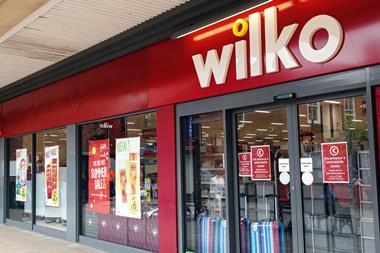
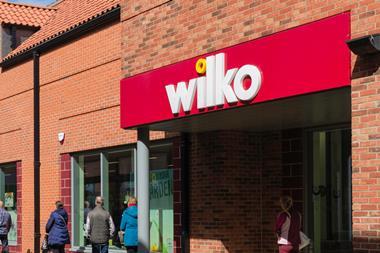

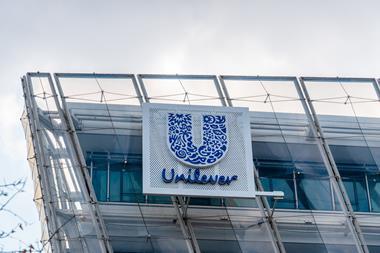
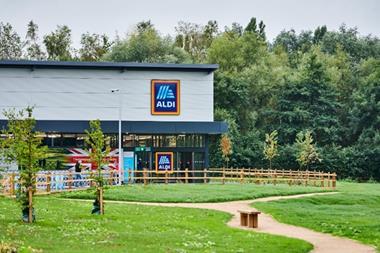
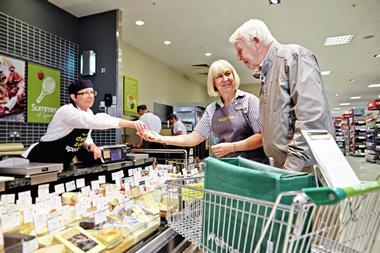






No comments yet